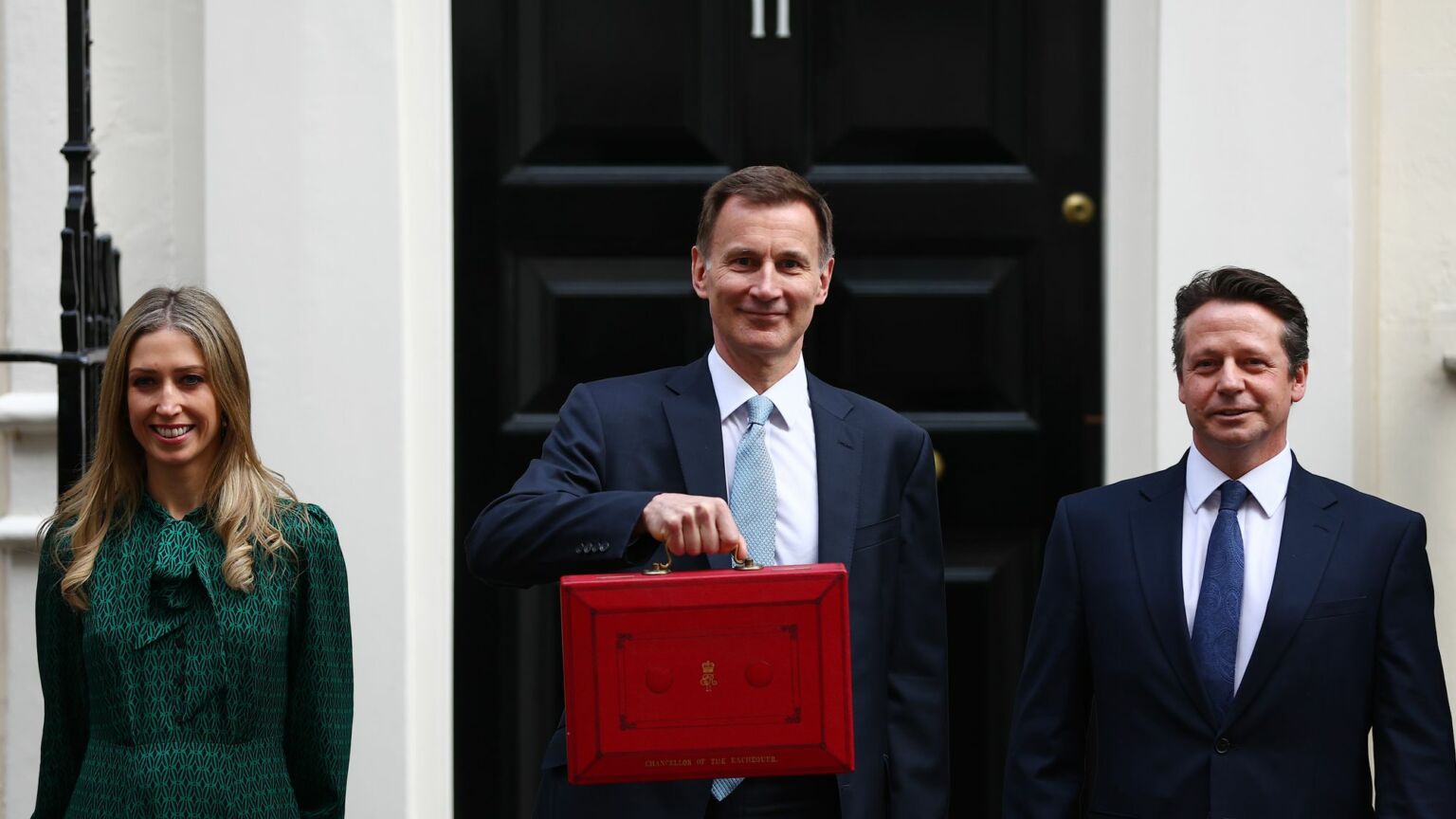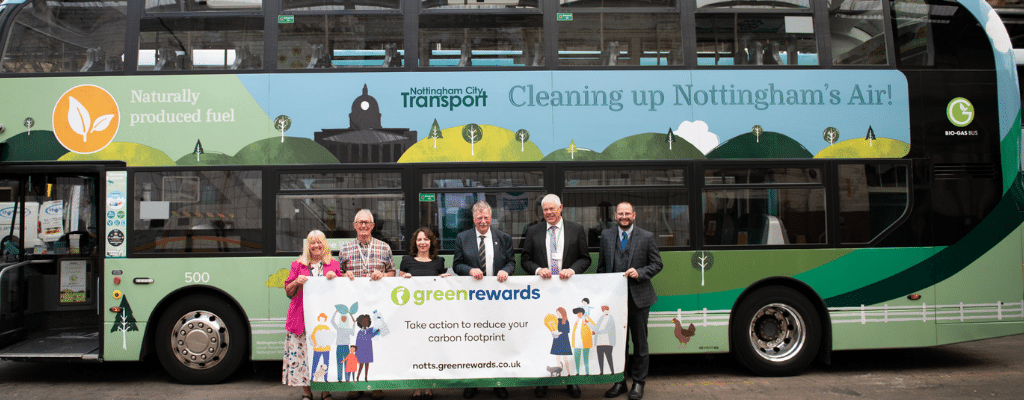Yesterday, the UK government announced its 2024 budget. While environmental concerns were not a focus of the budget, and in fact the government is insisting on encouraging investment in oil and gas, one move that could have an impact on the climate crisis the move to increase the APD Tax for business class and first-class passengers. This policy could be seen as a positive move to encourage airlines to increase capacity on flights to encourage more sustainable travel, as Passengers seated in business class are responsible for 2.6 to 4.3 times more emissions than those in economy class, and 9 times more emissions for those flying first class.
What is Air Passenger Duty (APD)?
Introduced by Kenneth Clarke under John Major’s Conservative party in 1993, Air Passenger Duty (APD) is a tax that is charged to UK departure flights, and not arrival flights, however most flights to the UK are bought with a return ticket, where the tax does apply. The government does not ring fence the funds amassed from this tax for any specific use such as green initiatives. It is also worth noting that the tax is not based on the size or efficiency of the aircraft itself, and only later was it amended to reflect the passenger class and distance.
As of 1st April 2023, the APD can range from as low as £6.50 for economy class passengers on domestic flights, to £601 for flights over 5,550 miles on an aircraft with fewer than 19 passengers and over 20 tonnes. The APD Is estimated to raise approximately £3.8 billion.

How the UK government are changing APD Tax
In the 2024 budget, the UK government announced that it would increase the APD for all passengers in line with inflation, however on 1st April 2025, the standard rate will incur an additional £20 charge on Band B flights and £22 for Band C flights.
You can see a summary of the changes from 1st April 2025 in the table below,

Do surcharges effectively promote behaviour change?
There is some evidence to suggest that these charges to promote behaviour change, at least in the case of airlines. In fact, in 2018 Norwegian Air discontinued flights from Edinburgh to the United States. Anders Lindstrom, Norwegian Air spokesman, said in a statement that the decision to discontinue this service was tied to the Scottish government’s postponement of a reduction of their APD, which had coincided with a decrease in demand.
Is it better to reward good behaviour or punish bad behaviour?
In other industries, surcharges have decreased demand as well. In 2015, the government demanded that retailers in England began charging for a plastic bags, leading to a decrease in plastic bag usage of 98% over 8 years. This is in contrast to a 3 month trial conducted by Starbucks, where customers were rewarded with a 25p discount on their drink, when they brought a reusable cup. The trial saw an increase in reusable cup usage of customers, from 2.2% to 5.8%, in just 3 months.
Is this the right solution?
The airlines industry is already reacting negatively to this proposed change, particularly in light of the Norwegian Air decision mentioned previously. Given the data we have on behaviour change, these charges will cause a decrease in the number of passengers travelling in non-economy classes, but this does not mean that airlines will reduce flights. In fact, if airlines respond to the APD charges by increasing economy capacity, it could lead to more air travel, as is the case for increased highway capacity for auto travel.
What is Jump’s solution to effective behaviour change?
At Jump, we believe in rewarding good behaviour, rather than punishing bad behaviour. This is backed up by our behaviour change model, which utilises the COM-B and EAST behaviour change theory to encourage positive actions.
And the results of our work are proof of that, with 72% of Jump users saying that sustainability actions have become part of their routine. If you’d like to hear more about how our behaviour change technology can help you promote sustainability, speak to our team today!













